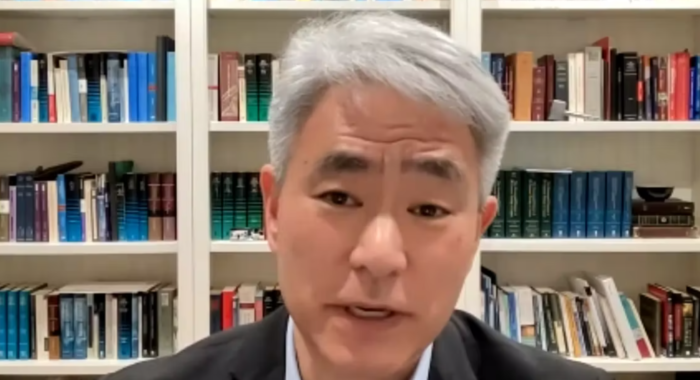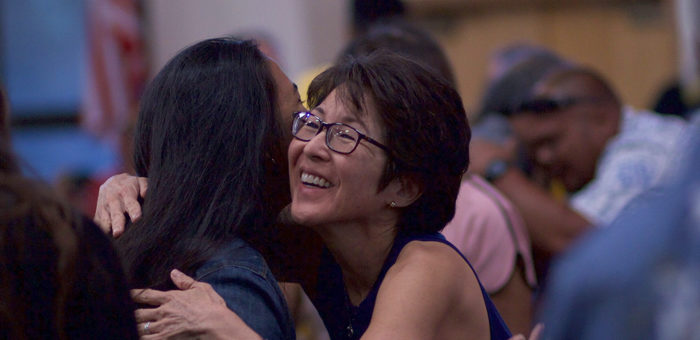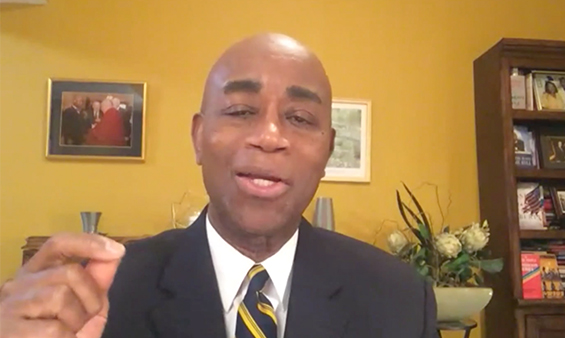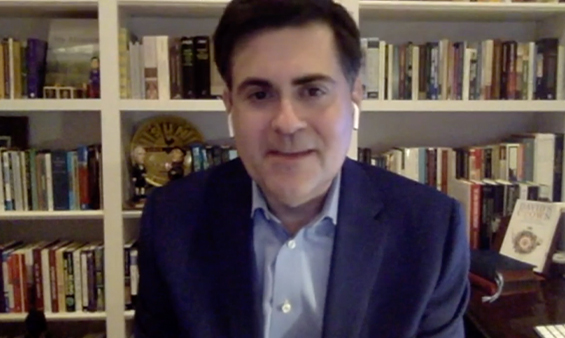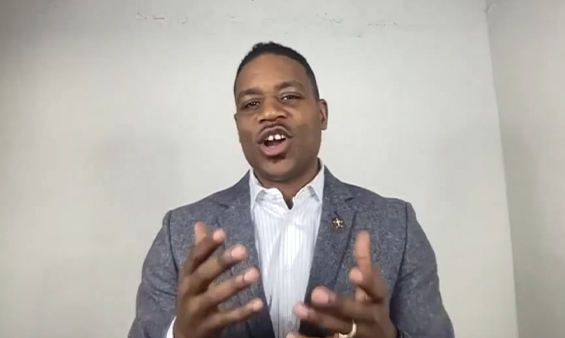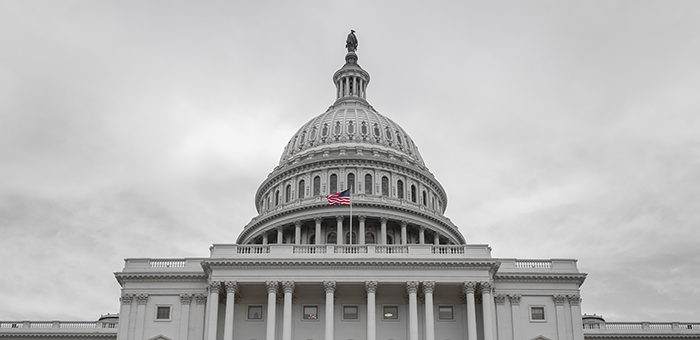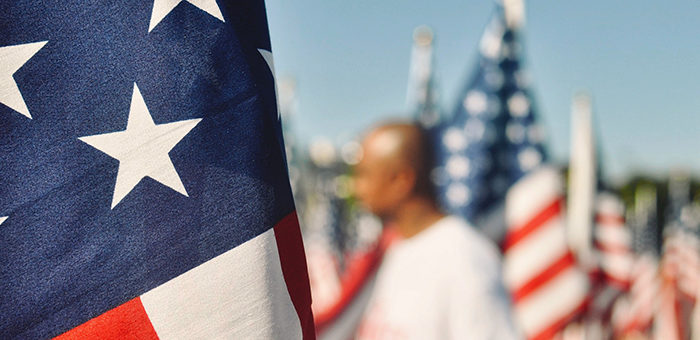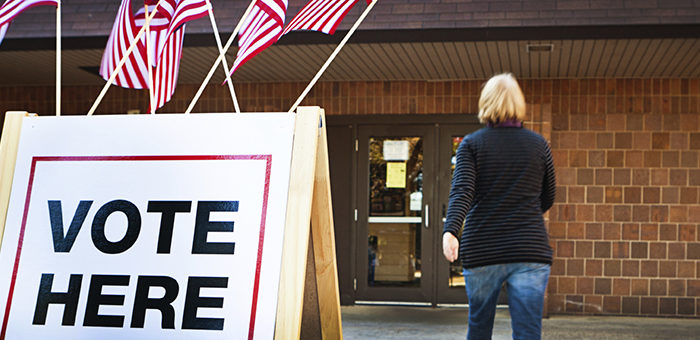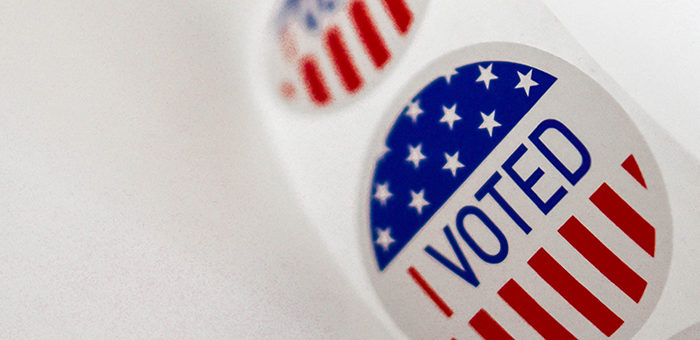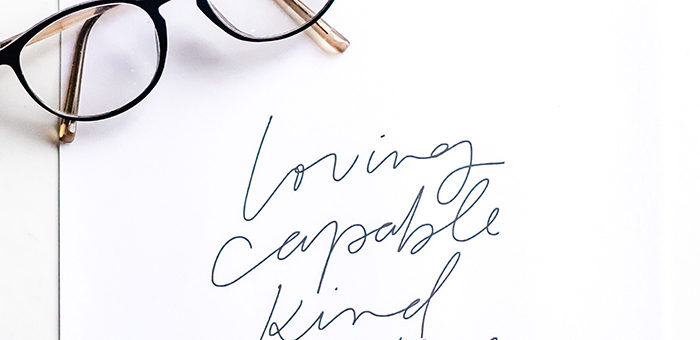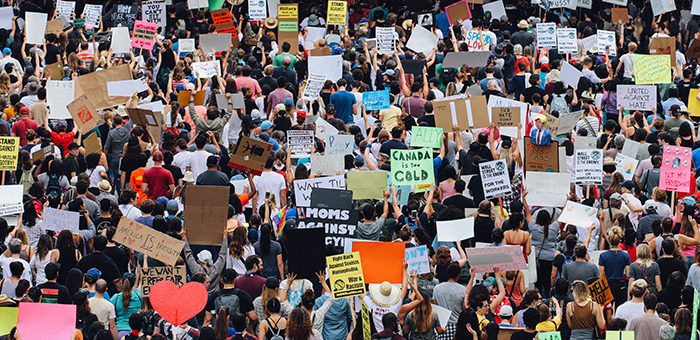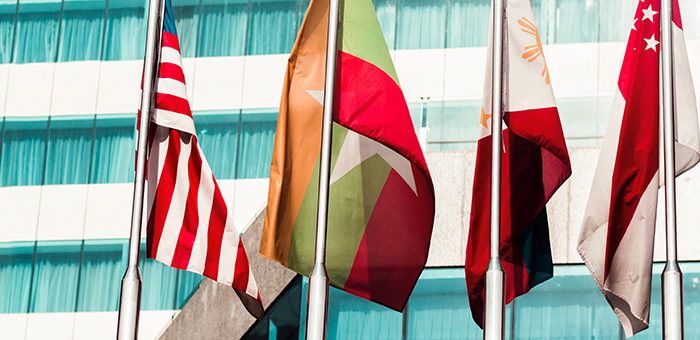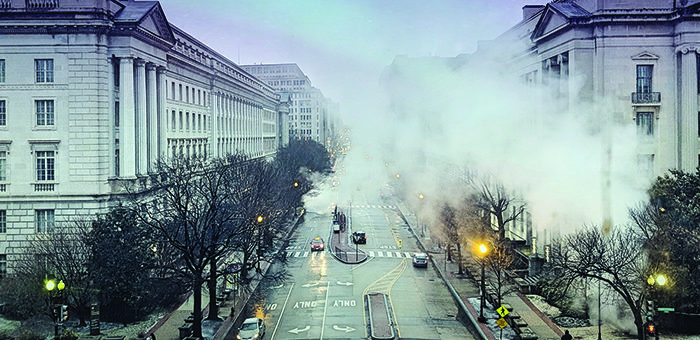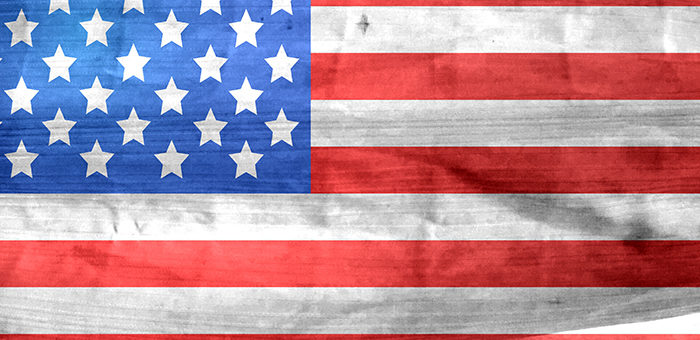Civility is hard work. Parents who attempt to teach toddlers or teenagers good manners will readily agree. So will citizens who listen to political discourse that builds barriers rather than bridges. Even our workplaces are not safe from incivility. Christine Porath, professor of management at Georgetown University, reported that 98 percent of workers have experienced rude behavior at work. My guess is that the other 2 percent didn’t read the question closely.
We must labor at biting our tongue when we want to lash out. Civility can make us weary.
But we do not tire easily of insults. I say this, because I’ve spent time studying honor and shame in social settings and political discourse. My doctoral dissertation from Harvard was on the rhetorical use of insults in the ancient Near East. However, one doesn’t need a degree to recognize that humans have a long and distinguished record of rudeness.
We become indignant when someone dares to disagree with us, or worse, when they doubt us, when they doubt our motives, when they doubt our reasons and our Reason, and especially when they question the validity of our faith.
Christians have something more than restraint or good manners. We share the profound belief that we are all created in the image of God, and we all exist as creatures deeply damaged by sin. This glory and vulnerability summon us to treat each other with dignity and humility.
Our faith goes beyond civility to the greater virtue of love. Christ calls us to love our neighbors as well as our enemies. We are called to love while practicing civility and to love even when injustices require words and actions that some may deem uncivil. Love engages difficult and uncomfortable conversations with courage and tenacity.
To a community polarized along theological and ethnic lines, Paul gave inspired advice that applies today: “Love must be sincere. Hate what is evil; cling to what is good. Be devoted to one another in love. Honor one another above yourselves. Never be lacking in zeal, but keep your spiritual fervor, serving the Lord. Be joyful in hope, patient in affliction, faithful in prayer. Share with the Lord’s people who are in need. Practice hospitality. Bless those who persecute you; bless and do not curse” (Romans 12:9–14).
May the Lord make us such a people for such a time as this.
This article originally appeared in Evangelicals magazine.
Walter Kim became the president of the National Association of Evangelicals in January 2020. He previously served as a pastor at Boston’s historic Park Street Church and at churches in Vancouver, Canada and Charlottesville, Virginia, as well as a campus chaplain at Yale University. He preaches, writes and engages in collaborative leadership to connect the Bible to the intellectual and cultural issues of the day. He regularly teaches in conferences and classrooms; addresses faith concerns with elected officials and public institutions; and provides theological and cultural commentary to leading news outlets. He serves on the boards of Christianity Today and World Relief and consults with a wide range of organizations. Kim received his Ph.D. from Harvard University in Near Eastern Languages and Civilizations, his M.Div. from Regent College in Vancouver, and his B.A. from Northwestern University.




 View All Articles
View All Articles 




